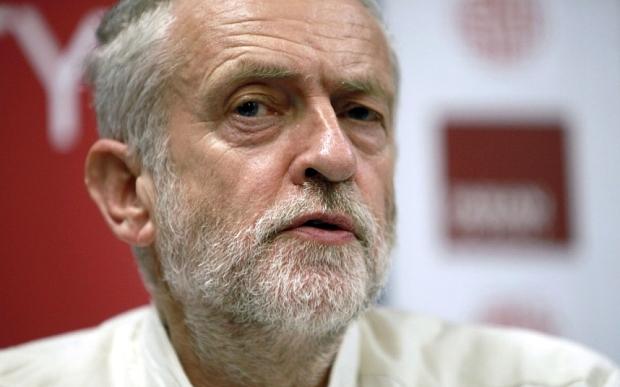Since Jeremy Corbyn was elected the leader of the British Labour Party, boasting almost 59.5% of first preference votes, every move by the Labour party has been heavily scrutinized from all sides. This includes the new economic policies that Corbyn now hopes to push for, or as they have been named; Corbynomics.
Corbyn’s approach to the economy has led to opponents heralding the Labour party as ‘unelectable’ but John McDonnell, the Labour Party’s newly appointed Shadow Chancellor, hopes to win support through his promise to find £20bn-£25bn of uncollected taxes and narrow the total £120bn tax gap between the taxes due and those that are collected. This will in turn replace policies such as the 1% pay freeze on public sector workers in the hopes to cut the deficit without austerity.
McDonnell specifically singled out corporations including Amazon, who last year only paid £4.2m in tax last year despite selling £4.3bn worth of goods due to loopholes McDonnell hopes to close down.
So will Corbyn’s new left-wing economic policies including the crack down on tax avoidance lift the burden from middle and low income earners as McDonnell promises, or are they as David Cameron claims; a threat to Britain’s economic security?
Safiya Bashir on 28/09/2015




